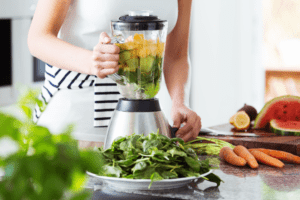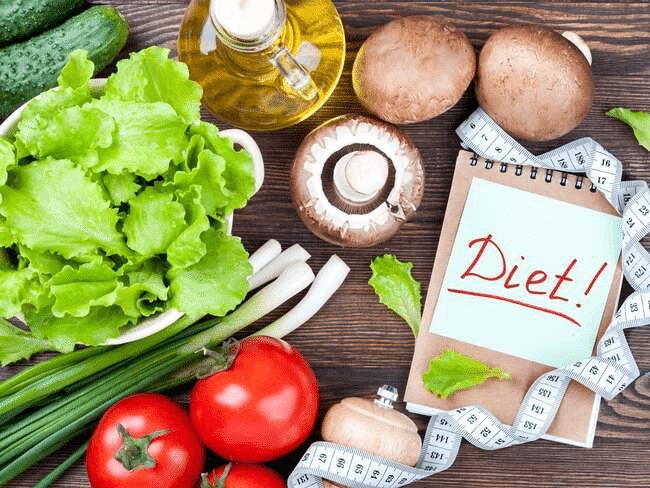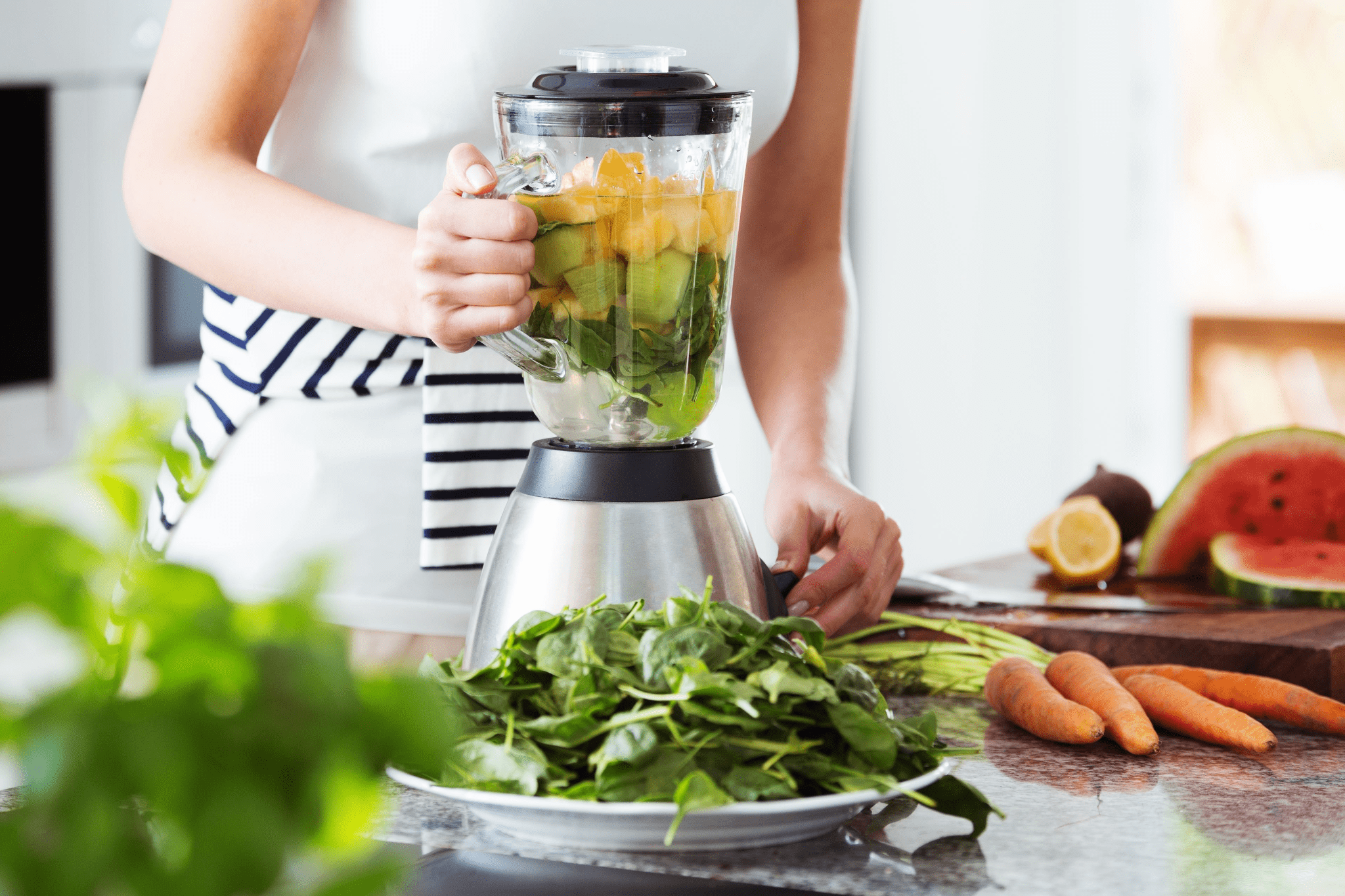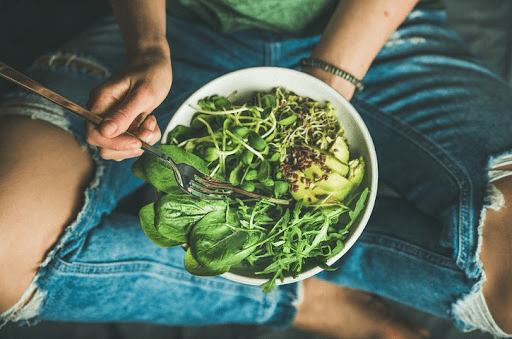
The importance of consuming enough protein cannot be stressed enough. There are many benefits to the body when it consumes protein in the appropriate amount. To support your developing baby’s reproductive organs, tissues, muscles, and so forth; To enhance your blood circulation; To support the growth of breast and uterine tissue as you age; And to assist in the maintenance of muscle mass after you have had a child. As you can see the importance of protein can be overstated.1
There are certain foods that are high in protein but are not good for you during pregnancy. These foods include dairy products such as milk, cheese, and butter; Lean meats such as chicken, beef, and fish; and Other foods such as soy products, beans, nuts, and other legumes. Because the nutrients in these foods are not properly digested and absorbed, they will pass through your digestive system too quickly and do not provide your body with the nutrition it needs.2 Because of this reason, it is very important that you avoid these foods during your pregnancy and while you are trying to conceive.
There is some debate as to what type of protein is best to consume. Some people claim that casein is better than whey protein, but whey protein contains more proteins and therefore it is the better choice. So if you have been told you should consume one gram of whey for every one gram of casein, then by all means do so.
What is a Vegetarian Diet?
A vegetarian diet consists of foods that do not include any animal products, as well as any components derived from animals. Vegetarians may also include abstention from milk and eggs, and from the by-products of animal meat.3
People who are on a vegetarian diet may choose to eliminate all animal-derived products from their daily lifestyle, or only certain types of animal products from their daily lifestyle. People who choose to eat a vegetarian diet may choose to purchase and cook vegetarian meats, poultry, fish, eggs, dairy products, and/or fruits and vegetables over the course of a week. The flexitarian diet is a popular eating plan that is based upon the notion that a vegetarian’s daily diet must contain more fresh fruits and vegetables than any other form of food, including cooked meat products.
The main goal of a vegetarian diet? To help animals live, and to help the planet stay healthy. You can help animals live better by not eating meat, dairy products, eggs, or seafood. You can also help the world by eating a healthy plant-based diet made up of fruits, vegetables, nuts, legumes, and whole grains. This plan will enable you to live a healthier lifestyle and help save the planet as well.4
How To Get Enough Protein As A Vegetarian
A lot of people these days are looking for how to get enough protein as a vegetarian. They are either trying to lose weight, want more energy, or are just simply tired of eating meat. If you are one of these people, then it is important that you get the proper amount of protein each and every day.5 A common misconception about vegetarians (and non-vegetarians alike) is that they consume very little protein in their diet. The fact is, even if a vegetarian doesn’t eat any animal products, they are still receiving all the essential vitamins and nutrients that their body needs.
If you want to know how to get enough protein as a vegetarian, there are a few things you can do. For starters, your body will need a good amount of amino acids, (such as those found in meats) in order for your muscles to grow and heal properly. Amino acids are found in meat and poultry, but can also be found in beans, nuts, seeds, and vegetables. Even non-vegetarians can get protein from these foods.6
Other than supplements, the best way to get the right amount of protein as a vegetarian is to eat a variety of different sources. Your body will be able to get all the amino acids it needs if you eat a wide variety of different fruits, vegetables, and legumes. By getting enough protein, you will find it much easier to stay healthy and strong.
Is It Hard To Eat Enough Protein As A Vegetarian?
Being a vegetarian can present some unique nutritional challenges, just as many other dietary choices do. The first of these is the difficulty of eating enough protein as a vegetarian. As a vegetarian, you want to be getting as much protein as possible. Many vegetarians do not eat enough protein and therefore have the difficult challenge of maintaining lean muscle mass while consuming protein. While it is certainly possible to eat a well-balanced vegetarian diet and still not get enough protein, it is a tough and very often difficult task to do.
Another significant difficulty in eating protein as a vegetarian is the potential for serious health problems. If a person is not getting enough protein from a healthy plant source, they run the risk of serious health issues, including bone disease and osteoporosis. Because plant sources of protein like nuts and legumes contain large amounts of fiber and other beneficial nutrients, they can provide a considerable amount of protein without creating the serious health risks associated with eating too much meat or dairy products. In fact, studies have shown that people who alternate their animal source of protein (i.e. consuming milk and/or meat) with plant-sourced foods, such as nuts and legumes, actually consume less fat and more nutrient-dense food.
Finally, eating more protein as a vegetarian can have positive health consequences. People who are eating a more plant-based diet experience higher energy levels, a lower body fat percentage, better cardiovascular health, and lower instances of type 2 diabetes, cancer and obesity.7 There are also many proven weight loss benefits to be had by being a vegetarian. You may be surprised to know that you may even experience a weight loss advantage if you are following a vegetarian lifestyle!
The Best Protein Foods For Vegetarians
It’s very important that you educate yourself about the best protein foods for vegetarians, and the ones that are truly healthy. So, what are the best protein foods for vegetarians?
One of the best protein foods for vegetarians is beans. They contain almost nothing except protein and fiber. You can cook them with almost any vegetable, and they provide great health benefits. There are many varieties including black, kidney, garbanzo, and Lima bean. You should be able to find at least a few beans in your local market.
Last but not least, another one of the best protein foods for vegetarians is nuts. They are full of nutrients and contain none of the fats and cholesterol that meats and seafood tend to contain. You can find almonds, cashews, walnuts, and other varieties around you. Nuts are a great source of protein for vegetarians.
The best protein foods for vegetarians are also those that are most nutrient-dense. The best protein foods for vegetarians should be filled with high-quality protein, lots of fiber, and little or no fat. They are generally easy to find in your local market and most stores have a vegetarian section. If you do not want to go to the market you can always order them online.
If you follow these tips you will be able to get the best protein foods for vegetarians. There is one important thing to remember though. These products are usually best if they are organic. This is because they will have little or no chemicals used in the growth process and they will be free of preservatives. Your body will need the vitamins and minerals these provide and without them, you may not be getting the best protein you can get.
Image Credits
The Economic Times / Google Stock Images
Fox News / Google Stock Images
Philadelphia Magazine / Google Stock Images
Try Swedish / Google Stock Images
The Daily Meal / Google Stock Images
1 “The Benefits of Protein – WebMD.” https://www.webmd.com/diet/benefits-protein Accessed 14 Sep. 2021.
2 “Why Is Protein Important In Your Diet? | Piedmont Healthcare.” https://www.piedmont.org/living-better/why-is-protein-important-in-your-diet Accessed 14 Sep. 2021.
3 “The Vegetarian Diet: A Beginner’s Guide and Meal Plan – Healthline.” 17 Oct. 2018, https://www.healthline.com/nutrition/vegetarian-diet-plan Accessed 14 Sep. 2021.
4 “Vegetarian Diet for Weight Loss: Food List and Meal Plan – Healthline.” https://www.healthline.com/nutrition/vegetarian-weight-loss Accessed 14 Sep. 2021.
5 “How to Add More Protein to Your Vegetarian Diet | UPMC HealthBeat.” 16 Jan. 2019, https://share.upmc.com/2019/01/protein-for-vegetarians/ Accessed 14 Sep. 2021.
6 “Vegan Protein: A Simple Guide to Getting What You Need – No Meat ….” 27 Aug. 2021, https://www.nomeatathlete.com/where-vegetarians-get-protein/ Accessed 14 Sep. 2021.
7 “Vegetarian diet: Benefits, risks, and tips – Medical News Today.” https://www.medicalnewstoday.com/articles/8749 Accessed 14 Sep. 2021.




